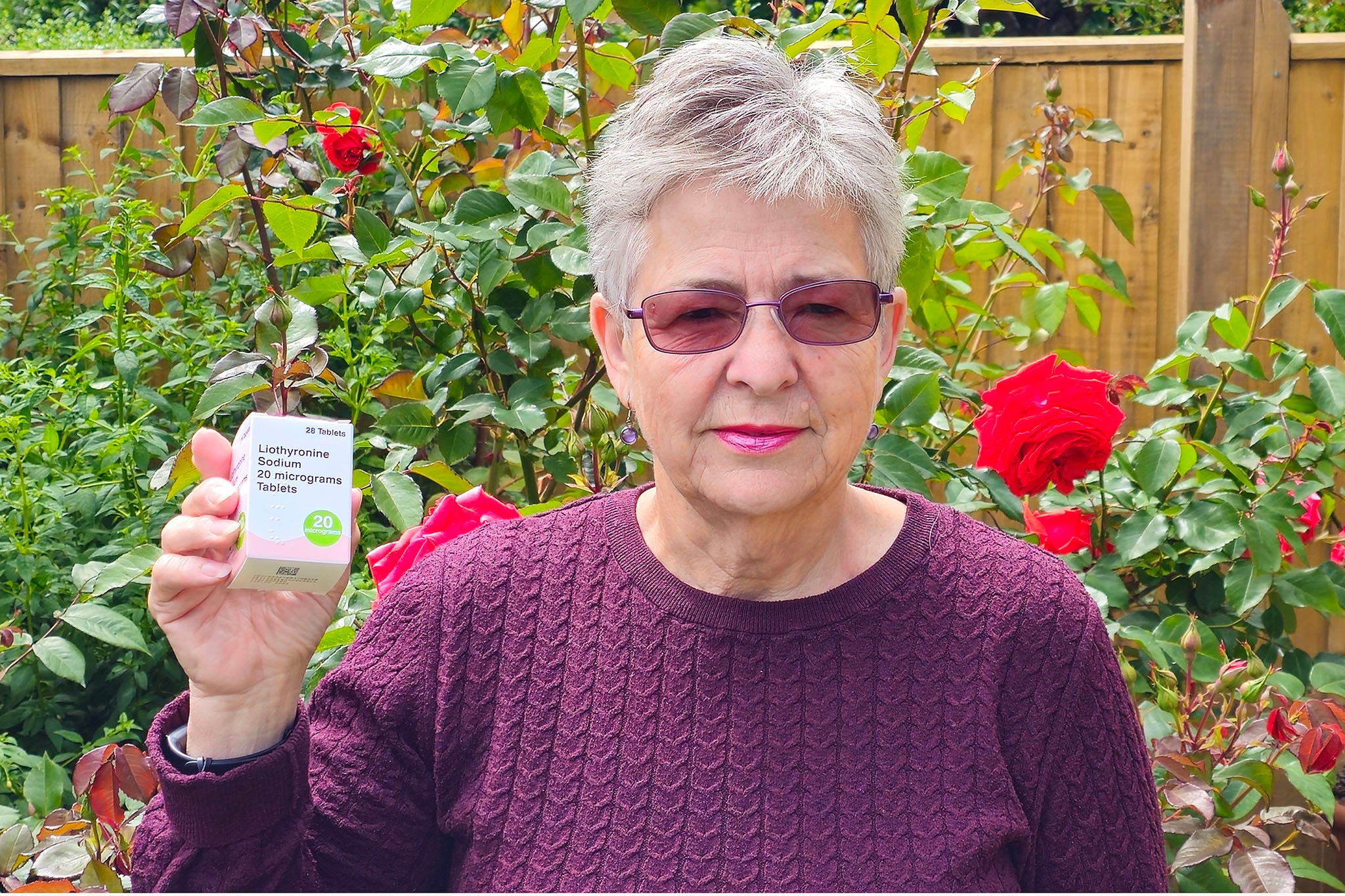Zainab Kaleemullah lives with debilitating pain almost daily, and despite a 14-year battle to finally get a diagnosis, she says she still has to justify her pain to get the treatment she needs.
The 36-year-old has severe endometriosis and adenomyosis – painful conditions where tissue grows outside of the uterus or into the muscular wall of it – and spent more than a decade making repeated trips to doctors to get to the bottom of the cause.
She says she was misdiagnosed with conditions such as irritable bowel syndrome and depression, and even after being diagnosed, she faced a further two-year wait for surgery to remove the harmful tissue.
She told The Independent: “I get pain almost every day now… Sometimes I’ve felt that my condition isn’t taken seriously, or they [medics] think that I perhaps over exaggerated with my pain, or they think it’s probably something else.”
“This condition was causing me such debilitating pain, and I almost feel like I have to justify it every single time I talk about it.”
Ms Kaleemullah is one of the 25 million people in England struggling with a long-term health condition, such as endometriosis, cystic fibrosis, epilepsy and diabetes.
Research shared exclusively with The Independent estimates that around 7.5 million of those are not getting the support they need from NHS services – a 10 per cent in the past five years, according to a study by charity National Voices and think tank Future Health.
Patients with long-term conditions account for 70 per cent of GP appointments and 50 per cent of hospital appointments and treatment. Despite this, 11.5 million do not have an NHS plan to help them manage their illness, such as timely access to specialists or correct pain management.
The report authors have called for the NHS to be measured on this performance and held to account on patients’ experience, alongside its existing targets for A&E and hospital care.
Richard Sloggett, programme director for Future Health and a report author, called for the government to prioritise the experiences of patients with long-term conditions.
He said: “This report highlights the challenges millions of patients with long-term conditions are facing in accessing high-quality NHS services and support. There is a danger in yet another NHS restructure that the experience of patients is marginalised. This would be completely counter-productive.”
Sharon Brennan, director of policy and advocacy group External Affairs at National Voices, said: “We know people with long-term conditions feel increasingly alone in managing their health needs, often acting as the single co-ordinator of their care while also trying to maintain a life that is more than just their health conditions
“The NHS must move from a bean-counting culture of data collection and seek to understand the experiences of real people using the NHS.”
‘It’s like my insides are set alight’
%5B80%5D.JPG)
Even after surgery, Ms Kaleemullah said she continues to struggle to get the support she needs from the NHS.
She said GPs and other specialists fail to see endometriosis as a “full body illness”, presuming instead that it is only associated with periods.
“I can have very debilitating pelvic pain, and it feels almost like my insides have been set alight…I get pain almost every day now. I can’t walk long distances because I get really bad, lower back pain, abdominal pain, pelvic pain, get really bad migraines, fatigue… so it’s very frustrating when I present myself to the doctor that they don’t take into full account that I’m dealing with this at every single day.”
Endometriosis, which impacts more than 1.5 million women in the UK, is a condition in which body tissues that line the inside of the uterus can grow outside of the womb, often affecting other organs such as the ovaries and bladder.
“I have to prove I need medication”

Mary Saunders from Southport lives with hypothyroidism, a condition where the thyroid gland produces too little thyroid hormone. Patients with the condition need lifelong medication.
It took her 16 years to get a correct diagnosis; however, much like Ms Kaleemullah, she has she struggled to manage her condition and access the medication she needed.
It took seven years of taking the standard medication, levothyroxine, with persistent new and worsening symptoms occurring, to discover, through her own research, that there was an alternative called liothyronine, which was more expensive for the NHS.
This month, the pharmaceutical company Advanz lost a high court appeal against a £99 million fine by the Competition and Markets Authority in 2021, after it increased the cost of liothyronine from £20 a box to £248.
NHS doctors eventually agreed she could trial liothyronine but said she would have to buy it privately, so she spent years trying to source the medication more cheaply in Europe. However, when Covid hit and this became impossible, Ms Saunders again sought to get an NHS prescription.
To do this, doctors said she would have to “prove” she needed the medication by coming off of it for six weeks.
“It’s like saying to patients. You’re gonna be ill for six weeks now, because you’re not gonna have what you need, the life-giving medication that supports your body.”
Although she is now under an endocrinologist she trusts, Ms Saunders says: “If my doctor leaves the service, I could be thrown right back where I was, I couldn’t count on the NHS, because I have had 16 years of this, I don’t count on the NHS.”
A Department of Health and Social Care spokesperson said: “The government inherited a broken NHS, and it is unacceptable that too many people living with long term conditions have not been getting the care they need.
“The 10 Year Health Plan will set out a bold agenda to deliver on the three big shifts needed to move healthcare from hospital to the community, analogue to digital, sickness to prevention, while putting patients at the centre of their own care.”

[6].jpeg?trim=0,0,0,0&width=1200&height=800&crop=1200:800)

